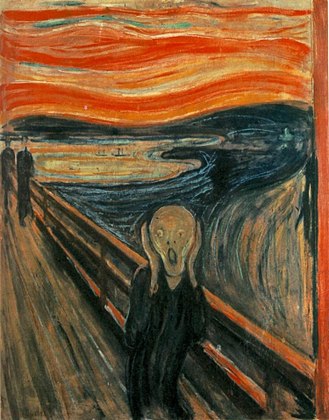In Chapter 17 after Rick and Rachael went to bed together, Rachael shared her thoughts with Rick the next morning. She said, “We androids can’t control our physical, sensual passions. You probably knew that; in my opinion you took advantage of me,” (Dick, 197). However, as the chapter will explain Rachael did not seem angry at all. On the contrary, she appeared to be cheerful and it closely resembled the happiness that would emanate from another human. Also, I found Rachael’s statement of how she commented on how sad Rick looked as he thought about how he will stop being a bounty hunter after the Battys.
Both when she shared her opinion of how she was taken advantage of and how she picked up on Rick’s emotions, it closely resembled how a human would react to both situations. My question is that can Rachael’s ability to understand Rick’s expressions and emotions so well be a sign that androids to a certain degree, may empathize with others? Or can Rachel’s understanding simply be labeled as mere intuition or something of that sort and nothing more?

